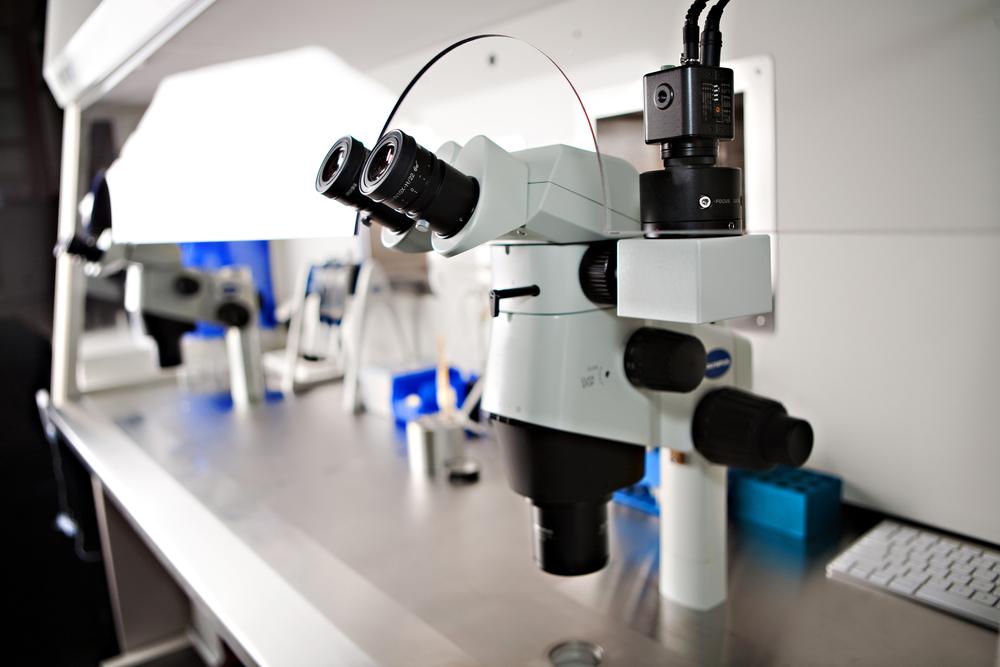Essential Insights into the IVF Journey and Outcomes
Learn essential facts about IVF, including its process, success factors, and variations. Understand how age impacts fertility, the benefits of frozen embryos, and who might consider this reproductive technology. This guide offers vital insights for those exploring fertility options or seeking to understand IVF better.
Sponsored

In Vitro Fertilization (IVF), often called the 'test tube baby,' involves fertilizing an egg outside the body. This process includes extracting an egg from a woman's ovaries and fertilizing it with sperm in a lab setting. The fertilized egg, now an embryo, develops for 2-6 days before being transferred into the uterus. Many are unaware of the detailed steps involved in IVF. Here are key facts you should know:
Infertility affects many
Infertility is common, impacting 1 in 6 individuals. Causes are split evenly between partners: 40% from the woman, 40% from the man, and 20% from both. Despite this prevalence, only about 5% of couples opt for IVF. Additionally, same-sex couples, single women, and those with genetic conditions also choose IVF for family building.
The process takes time
Completing IVF requires several weeks, depending on individual response. Egg retrieval happens after ovarian stimulation, with multiple clinic visits for scans and monitoring. The entire treatment usually spans 4-5 weeks, involving procedures and embryo transfers.
Variations of IVF
While conventional high-stimulation IVF is most common, other types suit different needs. Natural IVF avoids medication, using the woman's natural cycle. Modified natural IVF uses minimal drugs over 3-4 days, and mini IVF involves 5-9 days of medication with fewer side effects.
Age significantly impacts success
Female age influences IVF success rates. Fertility declines after age 35, with natural conception becoming more difficult. The window for optimal IVF results is typically between late 20s and early 30s; fertility drops sharply after 40, and it is rare for women over 45 to conceive naturally or via IVF.
Frozen embryos are equally effective
Recent research shows that frozen eggs and embryos are just as viable as fresh ones. Embryo freezing is particularly reliable due to their stability, making them suitable for successful thawing and implantation.






